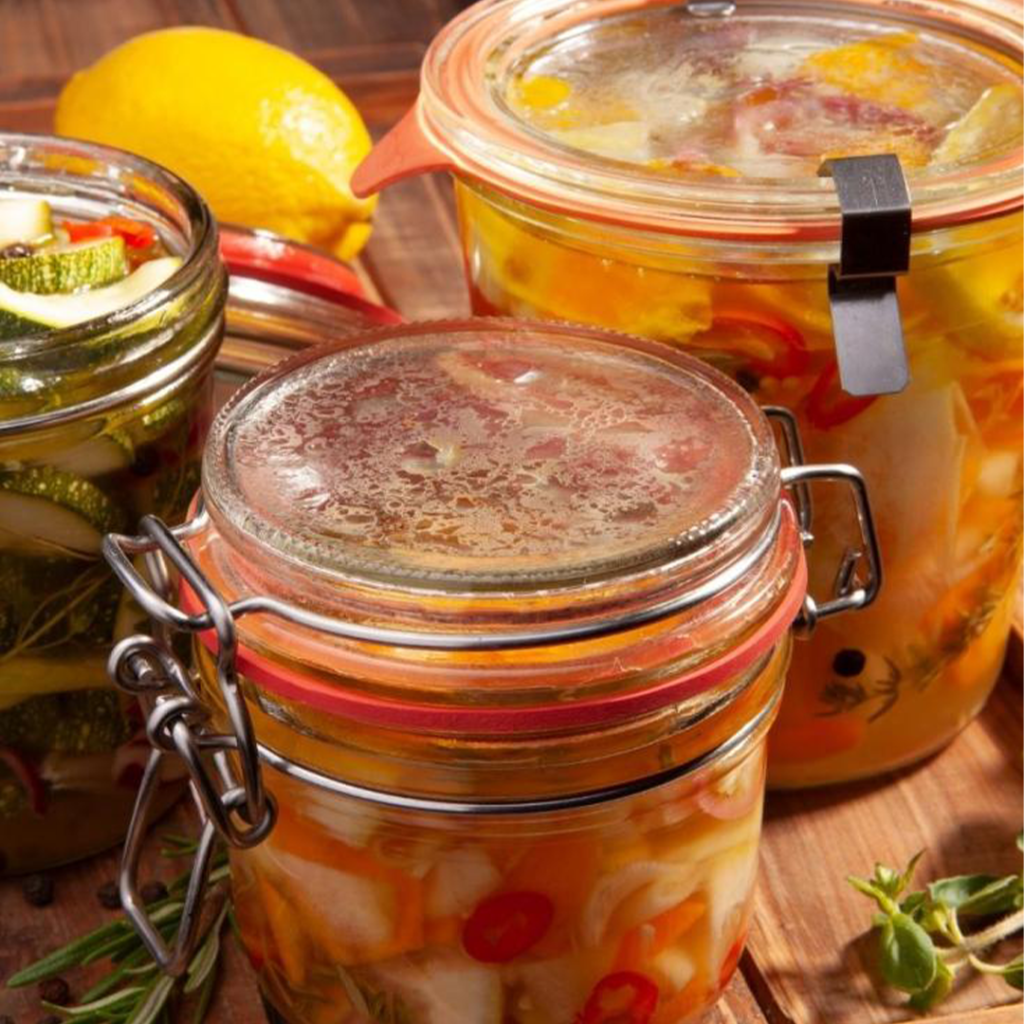Setting up an artisanal cannery: what you need to know

Setting up an artisanal cannery: what you need to know to succeed
Since the health crisis, the market for artisanal canning has been changing. Customer demand for local and artisanal products is growing. But setting up your own canning business is not easy. In this article you will find a lot of information on how to start a canning business. You will also find a lot of things to think about to make sure your launch goes well.
The business creation project
Your project to create an artisanal cannery will make you think about the positioning of your company.
- What type of customer are you targeting? Local customers? The international customer?
- What do you want your brand to be? An artisanal brand of local products? A luxury organic brand?
- What level of quality do you require for your products? What packaging? And what price level is associated with it?
- Which distributors do you prefer for your products? Your online store? An organic shop? A ready meal shop?
- What distribution channel will you use to promote your preserves?
In addition, setting up a business requires thinking about how to set up :
- financing;
- premises;
- the acquisition of equipment (retorts).
The choice of products, equipment and premises of the artisanal cannery
You can choose to sell, for example, canned white tuna in olive oil, canned vegetables or organic fish rillettes. However, your artisanal canning project must define a coherent range of products.
In addition to organising the production and manufacture of preserves, you will have to choose :
- the location of the production premises
- the equipment dedicated to your activity
- raw materials and containers.
The location of the premises of the artisanal cannery
The premises of your artisanal cannery should be located close to the production area of the raw materials. This is to avoid additional processing costs for transporting the products by road. For example, if you want to make Breton-style canned fish fillets, it is not a good idea to locate your production facility in Auvergne.
The choice of production equipment range
Consideration should be given to the cannery’s equipment It is essential to invest in quality equipment for the production of food preserves.Our professional jar sterilizer can be a good choice for your canning project.
The choice of products, raw materials and containers
For vegetables such as sardines from fair trade fisheries, the choice of production range determines the choice of your raw materials. It should be kept in mind that you will be responsible for creating the recipes for the products. You will also have the choice of ingredients for these recipes.
Regulatory aspects of setting up a small-scale cannery
The regulation of canneries is subject to a number of sanitary constraints. In addition, sanitary approval is required for canning producers who wish to process animal products for resale to other professionals.
Let’s take a look at the list of training courses that are necessary or required to set up your own craft cannery.
Training in business creation and management
Even if it is not compulsory, training in business creation is strongly recommended to ensure the sustainability of your project.
The manufacture of cooked products and the use of a retort
The canning process requires training to master the technique. A training course entitled “Conducting a canning activity” is offered by the CTCPA (Centre technique de la conservation des produits agricoles). It is particularly appropriate for training as a canner. This is a profession in its own right, with specific training and numerous outlets. In addition to this training, it is necessary to obtain the retort operator qualification, which is mandatory according to the decree of 20/11/2017.
HACCP training (food safety)
The acronym HACCP stands for “hazard analysis critical control point”. It can be translated into French as “analyse des dangers et maîtrise des points critiques”. Regulation 852/2004 describes the requirements for HACCP training and the principles of food hygiene. Future canners must know the principle of canning and the different heat treatments.
The cannery project and its commercial aspects
Even before the cannery is set up, care should be taken to ensure that the products are properly labelled. The products must be labelled with the appropriate mandatory information.
The choice of sales method should also be carefully considered: direct face-to-face or online sales, sales to distributors, etc. There are other distribution methods that may suit your commercial wishes.
Is your artisanal canning project in the starting blocks? Are you ready to get started? do not hesitate to contact Steritech for any technical questions. We can help you use our range of retorts and sterilizers.